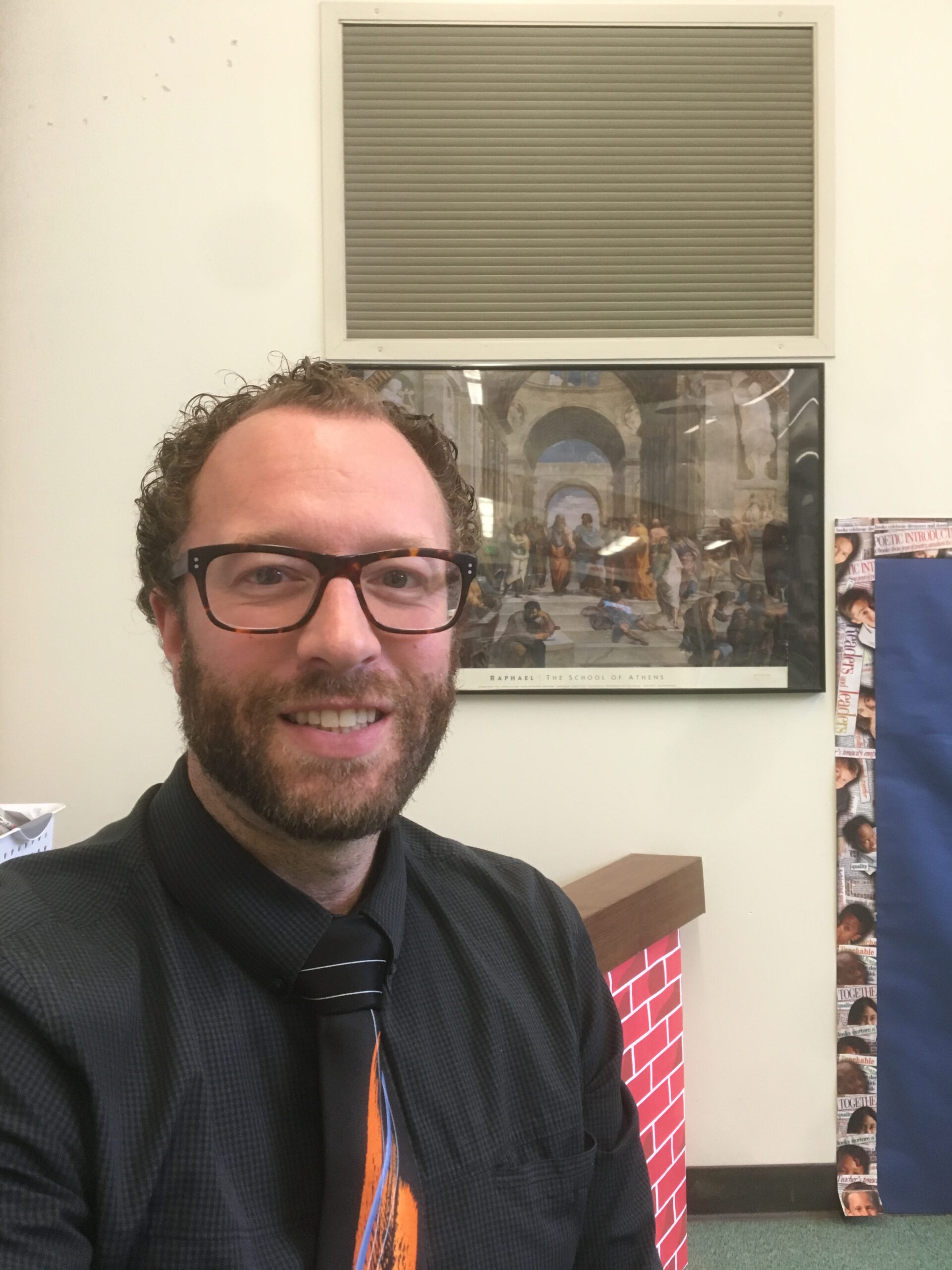Holding Sacred and Acts of Devotion
By Dr. Darryn Hewson, Contributing Writer
In a time of great polarization, it seems more important than ever to seek ways of understanding and perhaps ways of reconciliation. Many religions offer paths from which to approach these things. In November of 2010, the National Council of Churches held—what turned out to be—its last General Assembly in that form. One of the statements that came out of that Assembly was called, “Message on Honoring the Sacredness of Religious Others: Reaffirming our Commitment to Positive Interfaith Relations.” The simplified message of the statement was about holding others sacred by recognizing the sanctity of their religious practice. It was the last phrase that specifically called for recognizing the “blessedness of religious devotion that leads to peace.” You can find the entire statement at http://nationalcouncilofchurches.us/common-witness/2010/honor-others.php.
Learning from sacred devotional times like Lent, Ramadan, the days of Repentance between Rosh Hashana and Yom Kippur or the fast of Yom Kippur, Maha Shivratri for Hindus, Baisakhi for Sikhs, Vesak or Dharma Day for many Buddhists, or many other celebrations and acts of devotion offer perhaps the best chance at peace and understanding between and within communities. Each of these is specifically focused on devotion.
During the last week of Ramadan after already fasting for as much as 18 hours a day for a month, many Muslims spend three, four, five, or more straight days fasting all day and praying all night while working full time during the day as well. During many of these religious observances, there are times of fasting, prayer, and rituals, all pointing deeper into self and that which is beyond us. They are times of repentance and reflection, seeking understanding and offering renewal, fresh starts, new approaches, and gifts for living.
What if we applied that same level of seeking understanding with each other? What if we offered the same level of repentance for the ways we have misunderstood or maligned one another? What if a Christian, Jew, Hindi, Buddhist, or Sikh fasted for a day (or more) of Ramadan and shared in an evening iftar? What if a Christian, Muslim, Hindi, Buddhist, or Sikh joined a Seder, not just the meal or some Christian version of it, but the full Haggadah or joined the fast of Yom Kippur? What if a Christian, Muslim Hindi, Jew, or Sikh joined in a full day of sitting with meditation, chanting, dharma talks, and more? Sure, there are fun festivals like Diwali to share in as well but those are best if you understand the devotion behind the celebration, much like the symbolism behind gift-giving in many Christian traditions.
The list is endless for ways to learn and experience devotion from another’s perspective but the point is simple. Learning about another tradition is a great place to start. Learning from another tradition, especially from and with someone who practices that tradition is even better. That kind of learning may even deepen your own religious devotion and understanding and might truly open you to the kind of love for self that leads to love for neighbor, which is the fullest expression of love for God.
Dr. Darryn Hewson spends much of his time learning about and experiencing first-hand the traditions of others. His doctoral work was focused on worship as a form of dialog and creating sacred spaces. He has worked with Christians, Muslims, Jews, Buddhists, and others all over the world, trying to help people understand what is most important in their relationship to an infinite God. His mission is to build bridges across the things that divide us, doorways through the barriers that separate us, and windows into the knowledge that can erase the ignorance of hate and fear between us.





